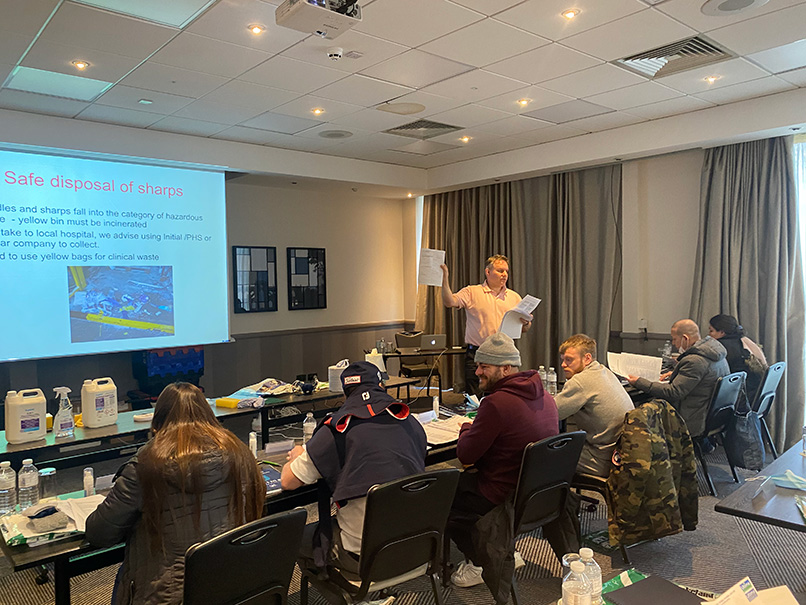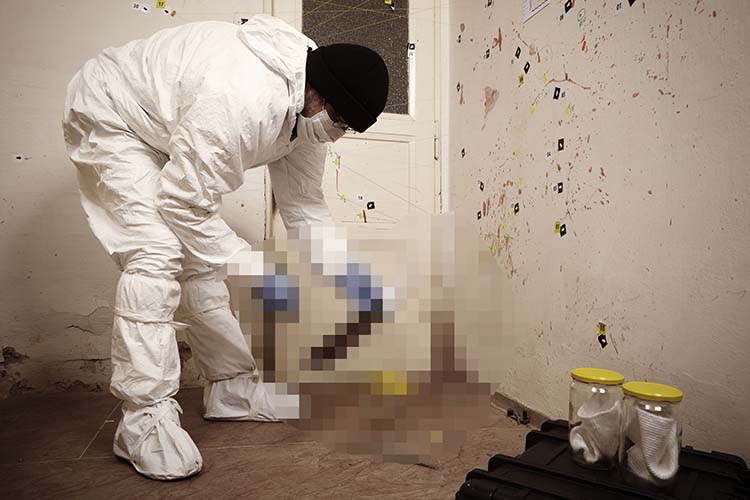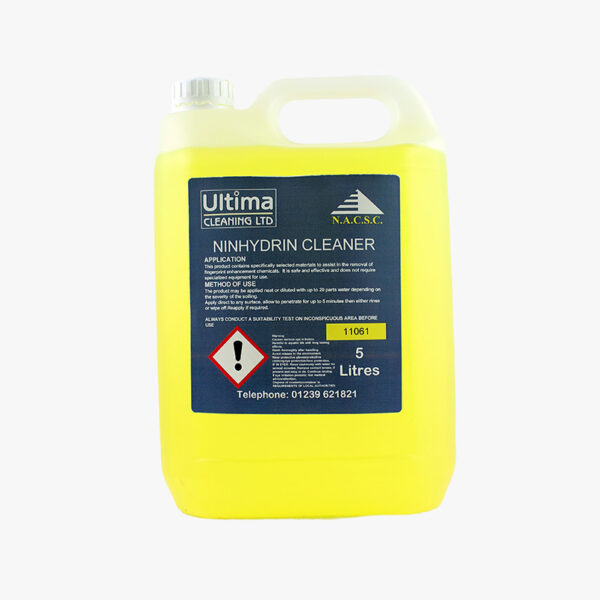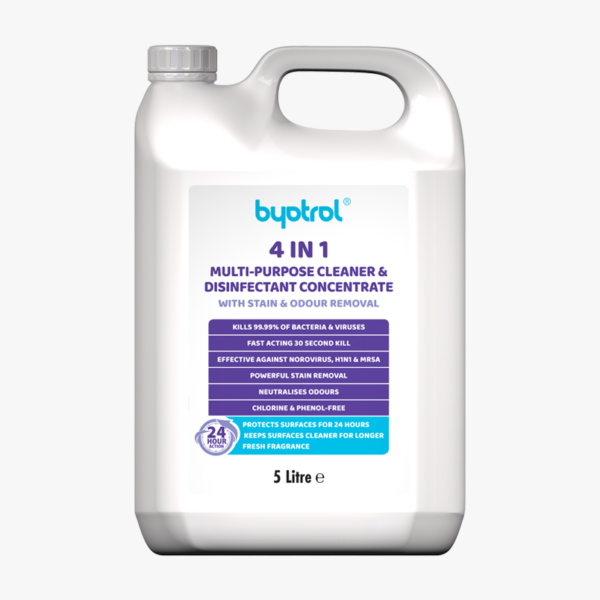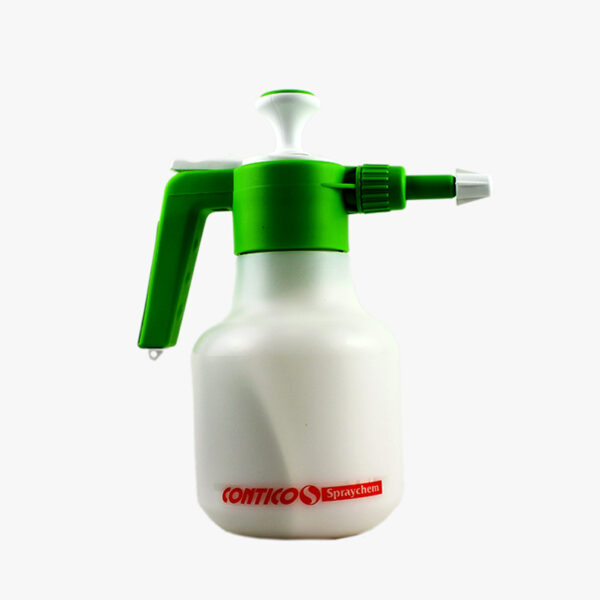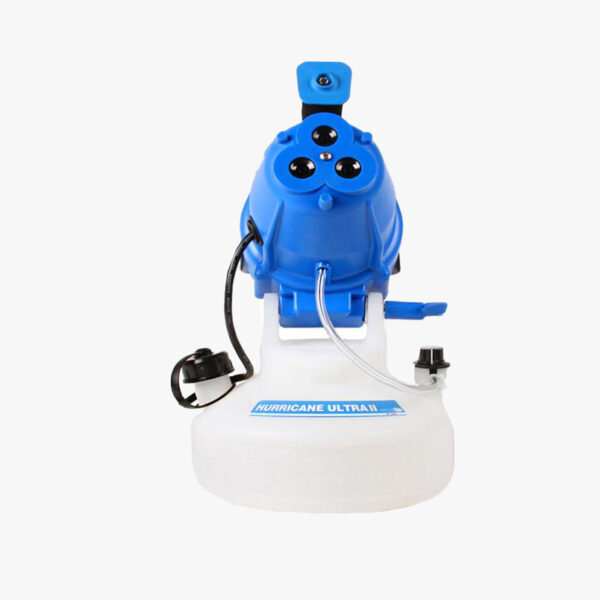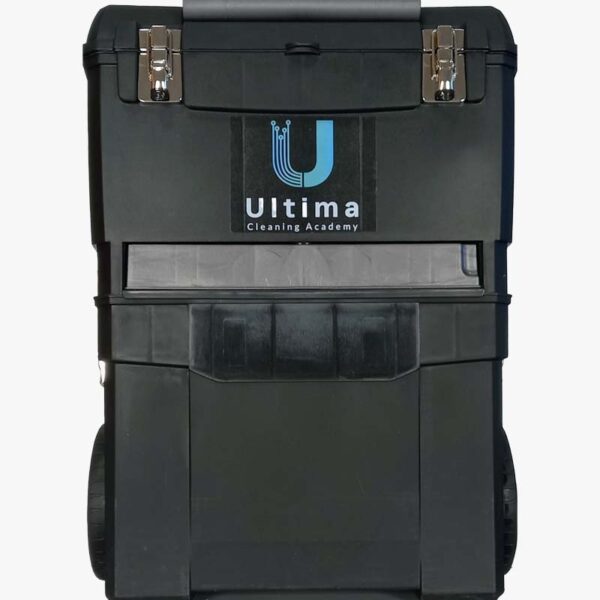Crime scene cleaning is an essential job that keeps people and places safe and sanitary. Crime scene cleaners are responsible for sanitising crime scenes and showing compassion to the people affected by them.
The role can be extremely rewarding, but it is not for the faint hearted! In this blog, we will discuss what it takes to become a crime scene cleaner in the UK.
Learn about the role of a crime scene cleaner
A crime scene cleaner is a trained professional who specialises in cleaning trauma scenes and crime scenes. This might include road traffic accidents, suicides, murders, and industrial accidents. Crime scene cleaners are usually called in once the police and forensic investigations are complete. They sanitise the affected areas and remove biohazards (this may include human remains and body parts) ) using specialist cleaning chemicals and equipment.Why crime scene cleaning is important
Professional crime scene cleaners are essential because they disinfect environments affected by violent crime and remove potentially harmful materials to reduce the risk of infection. You need to gain a thorough understanding of the role of a crime scene cleaner if you are interested in pursuing a career in this field. Remember that crime scene cleaning is not for the faint hearted and you must have mental toughness and good emotional health.How do I become a crime scene cleaner?
There are various routes to become a crime scene cleaner in the UK, although most professionals follow these steps:
Step 1: Complete crime scene cleaning training
You do not need formal education or a college degree to become a crime scene cleaner in the UK. However, you will need to undergo a background check and complete rigorous training to operate safely in the industry.
There are serious risks associated with crime scene clean up and you will need to learn how to use PPE (personal protective equipment) and operate cleaning equipment effectively.
Ultima’s online crime scene course
If you are interested in becoming a crime scene cleaner, you should complete a specialist training course to prepare for the role. At Ultima, we offer an Online Crime Scene Cleaning Course and our popular in-person Biohazard and Decontamination Course with topics covering trauma cleaning and crime scene clean up.
Step 2: Write a standout CV
The next step to getting a job as a crime scene cleaner is to write a resume that will impress potential employers. Make sure that your CV lists your qualifications and highlights any experience that relates to crime scene cleaning or trauma clean-up.
Visit Livecareer.com to see a crime scene cleanup CV example and template.
Step 3: Apply for crime scene cleaning jobs
You can start applying for crime scene cleaning jobs once you have completed the necessary training and prepared a CV.
You can look for crime scene cleaner jobs in your local area by searching on job boards, search engines, and social media sites. You can also contact specialist crime scene cleaning companies directly to enquire about vacancies.
Suggested reading: Check out our blog, How do you become a crime scene cleaner in the UK? for more advice and tips on how to break into the crime scene cleaning industry.

What makes a good crime scene cleaner?
Crime scene cleanup is a challenging role and working as a crime scene cleaner would not suit everyone. Good crime scene cleaners typically have the following skills and personality traits:
- Attention to detail – There are serious health risks associated with crime scene cleanup. For that reason, crime scene cleaners must pay close attention to detail and always follow protocol and safety guidelines.
- Compassion – Crime scene cleaners interact with people who have experienced intense emotional trauma. They must show compassion and support the people affected by violent crime scenes.
- Integrity – Crime scene cleaners are required to enter people’s homes and workplaces and must act with integrity and discretion.
- Stamina – Crime scene cleaning is a physically demanding job, so crime scene cleaners must be physically fit and able to clean thoroughly and effectively for long hours.
- Commitment – People and businesses often require crime scene cleaning services during unsociable hours e.g. evenings and weekends. Crime scene cleaners must be committed to the role, flexible, and prepared to work irregular hours.
- Strong stomach – Crime scene cleaners have to remove hazardous materials like human remains and bodily fluids. This role requires good emotional health and would not suit someone who gets queasy at the sight of blood!
